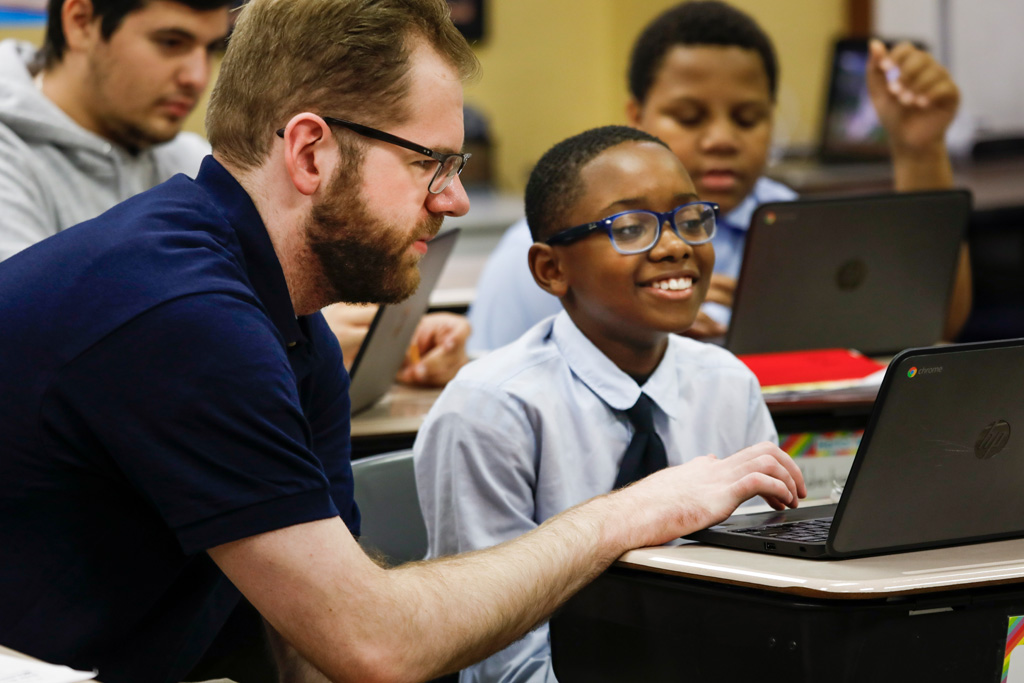What Is Educational Psychology And How Can You Enter The Field

Sometimes, students encounter roadblocks in their ability to learn. How can they be removed?
Educational psychologists work to find out the answer to this. Educational psychology is the study of behavioral, cognitive, emotional, and social processes that occur during learning. Psychologists use this knowledge to improve the learning process.
How Teachers Use Psychology in the Classroom
Many educational psychologists specialize in children and youth education, working mostly in schools and educational settings. Other settings include behavioral health organizations, government agencies, or anywhere people are engaged in some type of instruction and learning. They help design curricula and create programs that address different learning needs.
Educational psychology is informed by other disciplines including behavioral sciences, school psychology, and clinical psychology.
In schools, educational psychologists help create classroom environments where students can learn at the best of their abilities. They do so by supporting the communication skills and team dynamics necessary to develop students and teachers.
Educational psychologists use extensive research methods and quantitative analysis to form a picture of why an education program is successful or not. Their findings are used to recommend improvements to current learning programs.
Here are some of the areas educational psychologists may focus on in schools:
· Curriculum design—examine programs and lessons to find out what is working and what needs to improve.
· Conduct assessments and tests—schools seeking to address gaps in their educational programs work with educational psychologists who conduct detailed research and analysis to determine an organization’s needs.
· Adapt teaching for special needs—educational psychologists can help develop new teaching methods, including for individuals with special needs.
Teachers benefit from educational psychologists’ viewpoints when seeking to refine learning methods to complement the material they are teaching.
What Educational Psychologists Do
Among their many responsibilities, educational psychologists develop plans and provide the learning tools necessary for students to achieve learning goals. By specializing in education, psychologists delve into how people gather and process information.
There is plenty of variety in educational psychology. Duties depend on current areas of focus and workload, with common responsibilities including:
· observing student learning and behavior patterns
· studying the most effective methods for teaching people with specific learning needs
· testing the effectiveness of different learning approaches
· researching how people learn in different settings
· referencing research about child and adolescent psychology, cognitive development, and learning disabilities
· recommending learning plans based on research findings
According to the U.S. Bureau of Labor Statistics, employment of training and development specialists will continue to grow and they work in nearly every industry.
Obtain the Skills Required to be an Educational Psychologist
There are many skillsets educational psychologists need to excel in their careers:
· analysis and assessment
· understanding of school-wide practices
· behavioral and mental health interventions
· instructional support
· collaboration and consultation
· research and program evaluation
These skills can be developed with the right mix of education and experience. A graduate degree program offers a specialized focus on educational psychology for teachers or individuals with social sciences backgrounds. John Carroll University’s M.Ed. in Educational Psychology is an excellent choice. This master’s degree program focuses on learning theories, human development, research methods, assessment, and measurement—relevant skills for outcomes-based practice in many of today’s fields.
